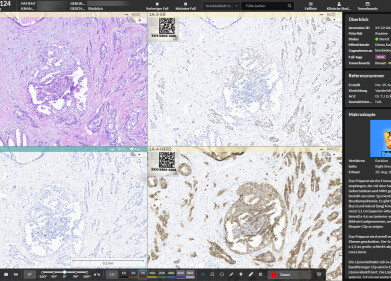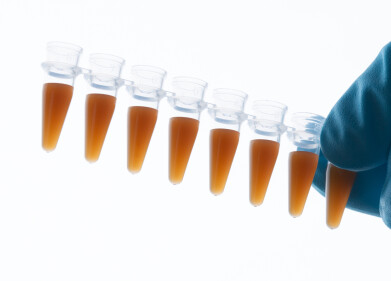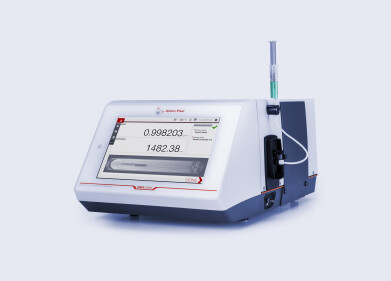Laboratory Products
Could a Fake Womb Help Premature Babies?
May 31 2017
Premature babies may be beguilingly small, but when it comes to health an early delivery can trigger all kinds of complications. Now, a new report published in Nature Communications is claiming that faux wombs could emerge as a medical breakthrough in the paediatric ward.
The theory was tested on premature lambs, with ages that correlated with that of a 23 to 24 week old human baby. Over the course of the four week trial the team successfully demonstrated that artificial wombs can support premature foetuses. Amazingly, both the lungs and the brain continued to develop as normal.
Fast-tracking human trials
So how does it work? While it might sound like it was plucked straight out of Brave New World, the concept is surprisingly simple. Once the foetus leaves its mother’s body it’s transplanted into a fluid-filled bag that mimics the natural womb. With the right development, co-author Alan Flake asserts that similar devices could be used to help premature human babies survive outside the wombs of their mothers. According to Flake, this could come to light in as little as three to five years. It’s a revolutionary development, and despite its sci-fi connotations Flake was quick to reassure critics that it’s not intended as a replacement for the female body.
“I don’t view this as something that’s going to replace mothers,” comments Flake, a paediatric and foetal surgeon at the Children’s Hospital of Philadelphia.
The complications of extra-corporeal life-support
Of course, artificial wombs do come with unique complications. So far, a string of technical and biological hurdles will prevent the use of artificial wombs to support premature babies younger than around 23 weeks. Fellow paediatricians have also voiced their concerns about extra-corporeal life-support, reminding people that while the data is impressive, what works for premature lambs might not work as well for human babies.
That said, the study has fuelled a huge amount of hope within the medical sphere. Every year the US records thousands of premature births, with 70% of babies aged 23 weeks of younger not surviving. Those that do face a myriad of health problems, including weak hearts and lungs. Artificial wombs could not only support babies as they complete their full gestation period, but also eliminate the issues that are associated with artificial ventilators and incubators.
Modern medicine is continually advancing, and spectroscopy plays an important role in spurring new developments. For more information, ‘Spectroscopy: A New Method for Patient Diagnostics. Non-Invasive Tissue Testing Improves Outcomes and Patient Comfort’ unlocks expert commentary from Dieter Bingemann, a Senior Applications Scientist for Ocean Optics.
Digital Edition
International Labmate 49.6 - Sept 2024
September 2024
Chromatography Articles - HPLC gradient validation using non-invasive flowmeters Mass Spectrometry & Spectroscopy Articles - From R&D to QC, making NMR accessible for everyone: Putting NMR...
View all digital editions
Events
Oct 15 2024 Milan, Italy
Oct 17 2024 Dhaka, Bangladesh
Oct 20 2024 Fort Worth, TX, USA
Oct 21 2024 Dalian, China
Oct 30 2024 Birmingham, UK









.jpg)








